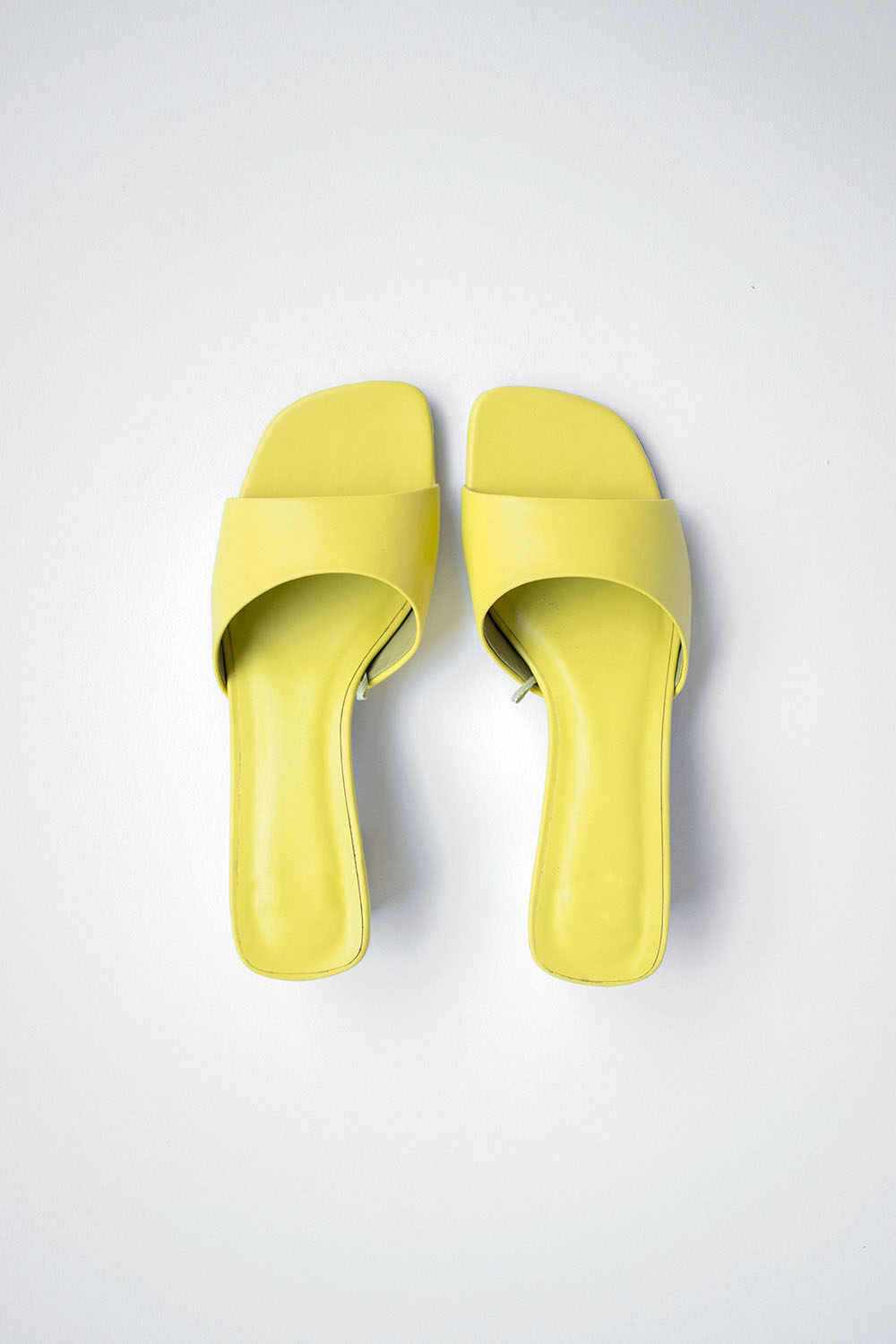Why is it that when a tall, dark, and handsome stranger is introduced in a romance novel they’re always described as smelling like leather? Sure, society’s taught us to associate the animal-byproduct with luxury and masculinity, but even if you know it’s not all that, you might wonder if leather alternatives are actually sustainable.
Truth is that innovators in the industry have been working hard to come up with a handful of alternative sources for leather, and they’re a lot better than they used to be! While PVC and PU leather used to be popular choices, sustainability demands have driven interest and research into vegan leather made from plants and vegetative life forms, not plastic. So here’s a fascinating list of all the crazy, delightful, and beautiful ways industry disruptors have been changing the leather game:

Sustainable leather alternatives that aren’t made made from plastic
Piñatex Pineapple Leather Alternatives
Created and distributed by Ananas Anam, Piñatex is the brainchild of Dr. Carmen Hijosa.
This vegan leather solves a huge problem with agricultural waste in the Philippines; it takes the leaves left over from pineapple harvesting and repurposes them into a leather-like material that can be used in fashion, accessories, and upholstery. According to their website, Ananas Anam use GOTS certified pigments to color their materials (yay!) but also uses a PU transfer coating to create one of their offshoot materials, Piñatex Performance (boo).
This sustainable leather alternative has been used by big names like Hugo Boss, H&M and Hilton, and the company that produces Piñatex, Ananas Anam, is actually a Certified B Corporation now!
Banbū Bamboo
Produced by Von Holzhausen for their own bags and shoes, Banbū can also be bought by other companies looking to branch into a sustainable leather goods centered business.
Bamboo is one of the most regenerative plants on Earth; that’s why we keep seeing more and more goods made from it. According to Von Holzhausen, Banbū is biodegradable, recyclable, and uses 33% less carbon than normal leather.
Mylo Fungi Leather
Made from mycelium (a.k.a. mushrooms) Mylo was engineered by Bolt Threads, and is described as “Magical thinking meets radical intention.”
Mylo is described as bio-based, and verified vegan during its growth process. The mycelium used to make Mylo grows in just two weeks in a base of sawdust and organic materials. All by-products of the process are composted, and Mylo is made into leather with what Bolt Threads refers to as “Green Chemistry principles.”
Because Mylo is so new, the company expects to have real values and numbers on its environmental impact in 2022, but lacks proof of its sustainability just yet. Regardless, the fungi-based leather alterative has already been used by companies like Adidas, Lululemon, and Stella McCartney in a range of consumer goods. It’s definitely one to watch!
SCOBY Kombucha Leather
Okay, I’m going to be honest. I discovered Scoby leather on Tiktok. It was being made and used by a small creator who had a whole process for making accessories for personal use.
As far as I can tell this is more of a small-time, underground, leather alternative; while you can buy Scoby goods online, they’re all from small business owners. That’s probably because there’s some kinks in its viability—Scoby leather is not waterproof so it needs a sealing process which can bring down its sustainability and durability.
Research is on track to explore if this vegan leather can be mass-produced, but for now if you want a choker made from Scoby you’ll have to buy from a small business (oh no 😉).
Desserto® Cactus Leather
One of the materials I’ve seen blow up the most in recent times, Desserto®’s cactus leather has been making waves in the leather goods industry.
Created by Mexican entrepreneurs, Adrián López Velarde and Marte Cázarez, Desserto® is made from nopal (a cactus) and first showcased in 2019 in Milan. The pair chose cactus because of its role as a natural carbon sink and soil regenerator. Desserto® is USDA Organic certified and 50% of their processed harvest is repurposed into feed stock to repurpose and reduce their by-products.
Desserto® is currently only used by larger companies like Fossil and Mercedez-Benz because of its minimum order requirements, but hopefully that changes as cactus leather becomes more accessible for everyday consumers.
Have you heard of these vegan leather alternatives? Let us know any other innovations you’d add to this list.

[…] there are some mind-boggling alternatives to leather on the market now, (hello, cactus?!) mushrooms have proven to be a worthy competitor because of […]